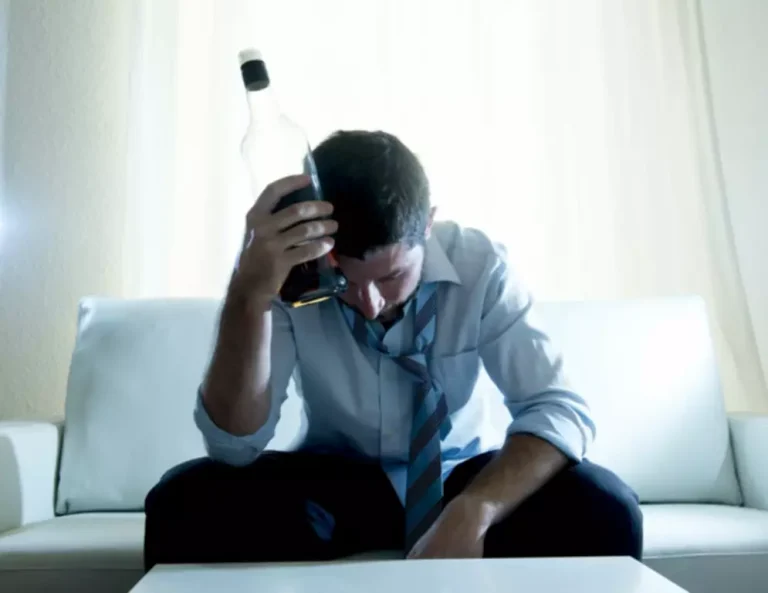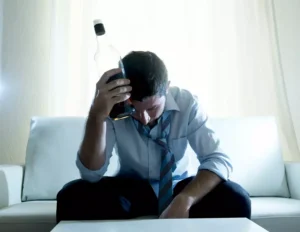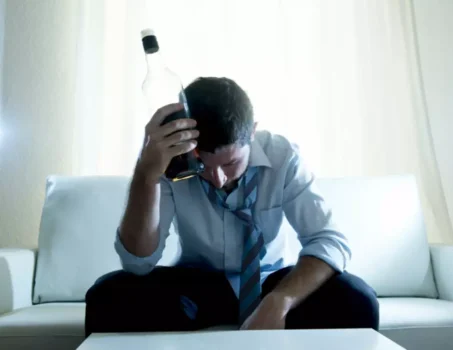
Alcohol can mess with color perception by affecting the brain areas responsible for interpreting colors. This might not only be disorienting but can also impact activities that rely on accurate color vision, like interpreting traffic lights or cooking. Limiting alcohol intake can help maintain proper color vision and avoid these potentially hazardous misinterpretations. ToleranceEveryone has a different tolerance for alcohol; you may be different from someone else who drinks the same amount. It has been suggested that men drink no more than 4 units per day and women drink no more than 3 units per day.
Potential Alcohol Effects on Vision & Eye Health

Alcohol can interfere with this process by affecting tear gland function. Alcohol has been shown to be a trigger for severe migraine headaches in some people. It is a common trigger for people who have migraines, and alcohol can also trigger a headache for some people who don’t otherwise have migraines or headaches. All of blurry vision hangover the information on this page has been reviewed and verified by a certified addiction professional. Most of these unpleasant effects are temporary and go away once alcohol leaves the system. Let Little Creek Recovery Center guide you down the right path to recovery, personal growth, and long-term sobriety.

How Alcohol Affects Your Eyes
The Royal College of Ophthalmologists champions excellence in the practice of ophthalmology and is the only professional membership body for medically qualified ophthalmologists. If you’re concerned about the health of your eyes, you should seek medical advice from your GP, optometrist or ophthalmologist. It is important to determine the cause of any vision changes; your eye doctor can treat them or send you to a specialist for further diagnosis or treatment. In addition, alcohol has been proven to alter the ability to perceive contrast. Researchers in Australia found that consuming alcohol at their legal limit of 0.05% greatly affected the ability to visually adjust for brightness and contrast.
Health Categories to Explore
Staying hydrated, eating a healthy diet rich in vitamins and minerals, and protecting the eyes from UV radiation are all ways to maintain good eye health. However, for people with pre-existing eye conditions like glaucoma, the temporary rise in IOP may be more significant and potentially exacerbate their condition. If you have glaucoma or any other eye diseases that affect eye pressure, please consult with an eye care professional about alcohol’s potential impact on your eye health.
Long Term Consequences of Alcohol on Eye Health
- This delayed response leads to slowed eye-muscle coordination, causing people who are under the influence of alcohol to experience blurry vision or double vision.
- As alcohol slows the central nervous system, it also reduces the reactions of the pupils.
- It robs the eyes of essential vitamins and minerals such as vitamin A, which is important to maintaining night vision.
- Apart from weakening the eye muscles, alcohol also affects the transmission of signals between the eyes and the brain.
- All of the information on this page has been reviewed and verified by a certified addiction professional.
- Symptoms may include difficulty focusing on objects, eye strain, and a strong sense of heaviness in the eyes.
- Our modern advanced technology and friendly and supportive staff have led to our being one of the premier eye care and centers for surgery on the western coast of Florida.
Twitching is usually a mild condition, involving involuntary spasms or contractions of the muscles around the eye. It varies in frequency and duration, ranging from a few seconds to several minutes. American Addiction Centers (AAC) is committed to delivering original, truthful, accurate, unbiased, and medically current information. We strive to create content that is clear, concise, and easy to understand. The delay is only a few milliseconds, but it can make a difference in your ability to carry out normal activities, For example, you may also experience delayed reactions while driving.
Tips for Healthy Eyes
- While this might seem like a minor issue, frequent alcohol consumption can lead to lasting damage in these blood vessels, exacerbating the red appearance.
- Persistent dryness is not just uncomfortable; it can also increase your risk of eye infections, as the natural lubricating tears are reduced.
- In some cases, methanol poisoning can occur as a result of drinking homemade alcohol or moonshine.
You may have had the experience of having too much to drink one night, maybe at a party or celebration; things begin to get blurry as the alcohol affects your brain and vision. This usually goes away after a short time and is temporary, along with a hangover and headache. Florida Eye Specialists and Cataract Institute would like you to gain some knowledge about eyes and alcohol and whether excessive drinking can lead to eye problems. One of the most vision-threatening effects of long-term alcohol consumption is optic neuropathy or optic atrophy.
Alcoholic Eyes: The Impact Alcohol Has on Your Eyes
A drunk person might experience difficulties distinguishing between colors or experience halos around lights as a result of liquor consumption. Starting on the path to recovery from alcohol addiction is a significant step, and finding the right support is recommended. Medical detox safely manages the physical symptoms of withdrawal under medical supervision, ensuring that your first steps towards sobriety are as safe as possible. Due to the increased risk for heart disease caused by alcohol, signs of heart disease can be observed in the eyes. Symptoms include optic neuropathy, atrophy, bleeding in the retina from vascular occlusions, and even hypertensive retinopathy. “Specifically, when you’re younger, your brain is going through a lot of changes.
How Alcohol Abuse Affects The Eyes and Vision
- Managing your alcohol intake can help alleviate these symptoms and protect your eyes from further strain.
- American Addiction Centers (AAC) is committed to delivering original, truthful, accurate, unbiased, and medically current information.
- Tear production is a finely tuned process that involves coordination between various glands in and around the eyes.
Zenni Optical, Inc. does not provide professional health care advice or engage in the practice of medicine, optometry, or professional health care. Always seek the advice of your optometrist or other qualified health provider for all professional medical advice, diagnosis, treatment or any questions you may have regarding a medical condition. Some individuals may suffer altered perceptions of color and light after drinking alcohol.

Alcohol promotes dehydration, which increases the salt level in blood and tears. The higher the concentration of salt in your tears, the faster they’ll evaporate when you blink and distribute them across the surface of your eye. This tear film, which spreads each time you blink, should stay on the eye long enough to support clear vision, provide protection, and keep the eye lubricated for the eyelids. DED — also known as dry eye, dry eye syndrome, or keratoconjunctivitis sicca — is a chronic condition where your eyes either stop making enough tears or produce low quality tears.